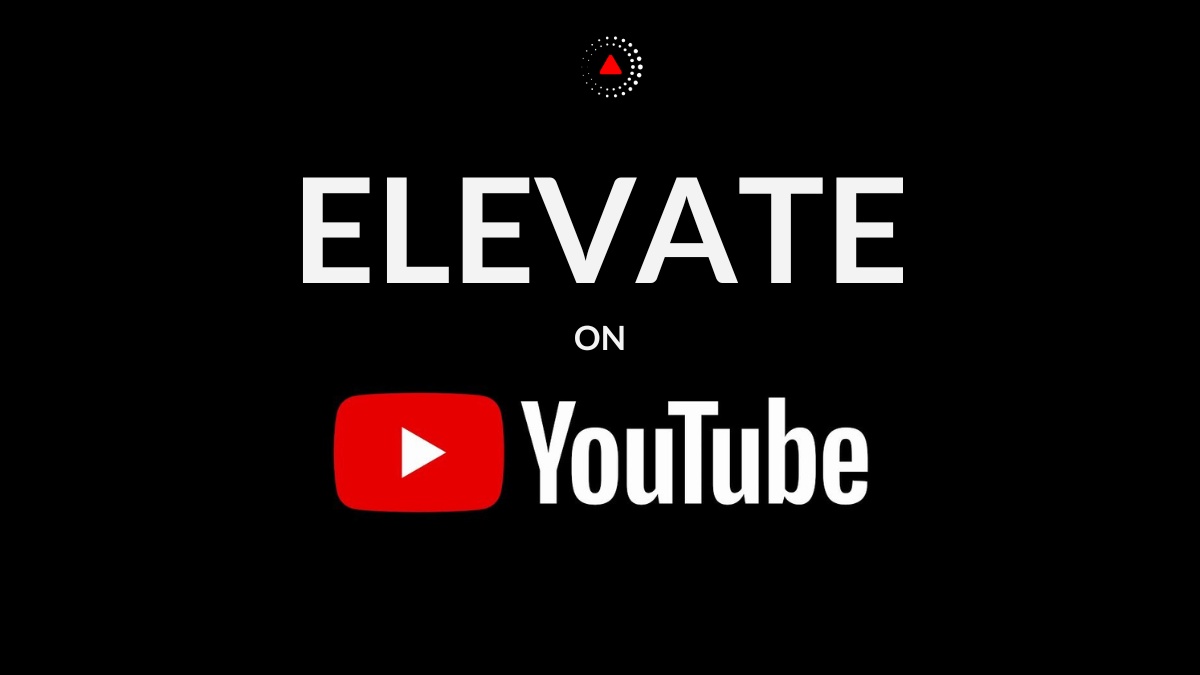No act of kindness, no matter how small, is ever wasted.
What's the meaning of this quote?
Quote Meaning: This quote is an affirmation of the inherent value and impact of kindness, regardless of its size or scope. It emphasizes that every act of kindness contributes positively to the world, even if the effect might seem negligible or intangible in the moment.
The phrase "no matter how small" suggests that even the most insignificant acts of kindness, such as a smile or a warm greeting, have value. They can make a difference in someone's day, improve their mood, or even have a domino effect, inspiring that person to pass the kindness on to someone else. The impact of these small acts of kindness may not always be immediately evident to us, but they ripple out, influencing others in ways we may never fully know or see.
The term "is ever wasted" reinforces the idea that kindness is never in vain, regardless of the outcome or reciprocation. The act of being kind in itself is worthwhile, even if it's not acknowledged or returned. It may seem like a selfless act, but it also contributes to our own moral growth, self-esteem, and happiness.
The quote, therefore, encourages us to cultivate a habit of kindness, to spread positivity and goodwill without expecting anything in return, reminding us that kindness has an intrinsic value, both for the giver and the receiver. It's an ethos of generosity that can profoundly enrich our lives and the lives of those around us.
Who said the quote?
The quote "No act of kindness, no matter how small, is ever wasted." was said by Aesop (Bio / Quotes). Aesop was an ancient Greek storyteller and author of fables, including "The Tortoise and the Hare."
Is there a historical example that illustrates the message of the quote?
During the height of World War II, the Holocaust presented an unparalleled humanitarian crisis. In the midst of the atrocities committed by the Nazi regime, there were countless individuals who risked their lives to provide aid, shelter, and support to those targeted by persecution.
One such example is that of Oskar Schindler, a German industrialist. Schindler initially saw an opportunity to profit from the war by employing Jewish laborers in his factory. However, as he witnessed the horrors inflicted upon the Jewish population, he had a change of heart. Schindler began to use his position and resources to protect and save as many Jews as possible.
Through his connections and bribery, Schindler was able to convince the authorities that the Jews in his factory were essential for the war effort. He provided them with better conditions, shielded them from deportation to concentration camps, and even risked his own life to ensure their safety. By the end of the war, Schindler had saved approximately 1,200 Jewish lives.
Schindler's actions demonstrate the profound impact that even a single individual's acts of kindness can have. Each life he saved represented a small act of compassion and resistance against the prevailing darkness of the time. While the magnitude of the Holocaust cannot be diminished, the actions of individuals like Schindler remind us that no act of kindness, regardless of its scale, is ever in vain.
This historical example serves as a powerful reminder that even in the face of overwhelming adversity, acts of kindness can bring hope, alleviate suffering, and make a difference. It emphasizes the ripple effect that individual acts of compassion can have, inspiring others to follow suit and creating a cumulative impact that transcends the immediate moment. It reinforces the belief that every small act of kindness matters, as they contribute to the collective effort of building a more compassionate and empathetic society.
How can the quote be applied in a real-life scenario?
The quote "No act of kindness, no matter how small, is ever wasted" highlights the significance and enduring impact of even the smallest acts of kindness. It conveys the message that acts of kindness, regardless of their scale, have the power to create positive change and leave a lasting impact. Here's how this quote can be applied in a real-life scenario:
Everyday Interactions: In daily life, this quote encourages individuals to engage in acts of kindness towards others, even in seemingly trivial situations. Whether it's offering a genuine smile, holding the door for someone, or providing a helping hand, these small gestures can brighten someone's day, foster positivity, and create a ripple effect of kindness.
Supporting Others: The quote reminds us that extending support and kindness to those in need, no matter how small, can make a meaningful difference in their lives. Whether it's offering a listening ear, providing assistance, or showing empathy, these acts can provide comfort, encouragement, and a sense of belonging to someone who may be going through challenging times.
Building Relationships: Acts of kindness play a crucial role in nurturing and strengthening relationships. Expressing appreciation, offering compliments, or engaging in thoughtful gestures can deepen connections and foster a sense of trust, respect, and mutual care. These small acts contribute to the foundation of healthy and meaningful relationships.
Spreading Positivity: Kindness has a ripple effect. By embodying kindness in our actions and interactions, we inspire others to do the same. Each act of kindness can inspire a chain reaction, creating a positive atmosphere and influencing others to engage in their own acts of kindness. This can contribute to a more compassionate and supportive community.
Personal Well-being: Engaging in acts of kindness not only benefits others but also has a positive impact on our own well-being. Research shows that acts of kindness can boost happiness, reduce stress, and enhance overall mental and emotional well-being. By practicing kindness, we experience a sense of fulfillment and purpose.
In summary, the quote emphasizes the transformative power of even the smallest acts of kindness. By embracing kindness in our daily lives, we contribute to positive change, build meaningful relationships, foster a sense of community, and enhance our own well-being. No act of kindness is ever wasted because each one has the potential to create a lasting impact and make the world a better place.
Chief Editor
 Tal Gur is an author, founder, and impact-driven entrepreneur at heart. After trading his daily grind for a life of his own daring design, he spent a decade pursuing 100 major life goals around the globe. His journey and most recent book, The Art of Fully Living, has led him to found Elevate Society.
Tal Gur is an author, founder, and impact-driven entrepreneur at heart. After trading his daily grind for a life of his own daring design, he spent a decade pursuing 100 major life goals around the globe. His journey and most recent book, The Art of Fully Living, has led him to found Elevate Society.


























